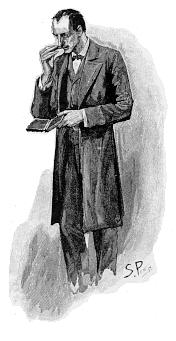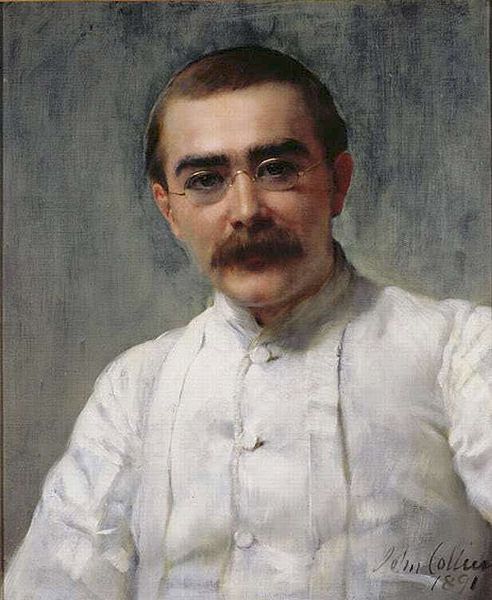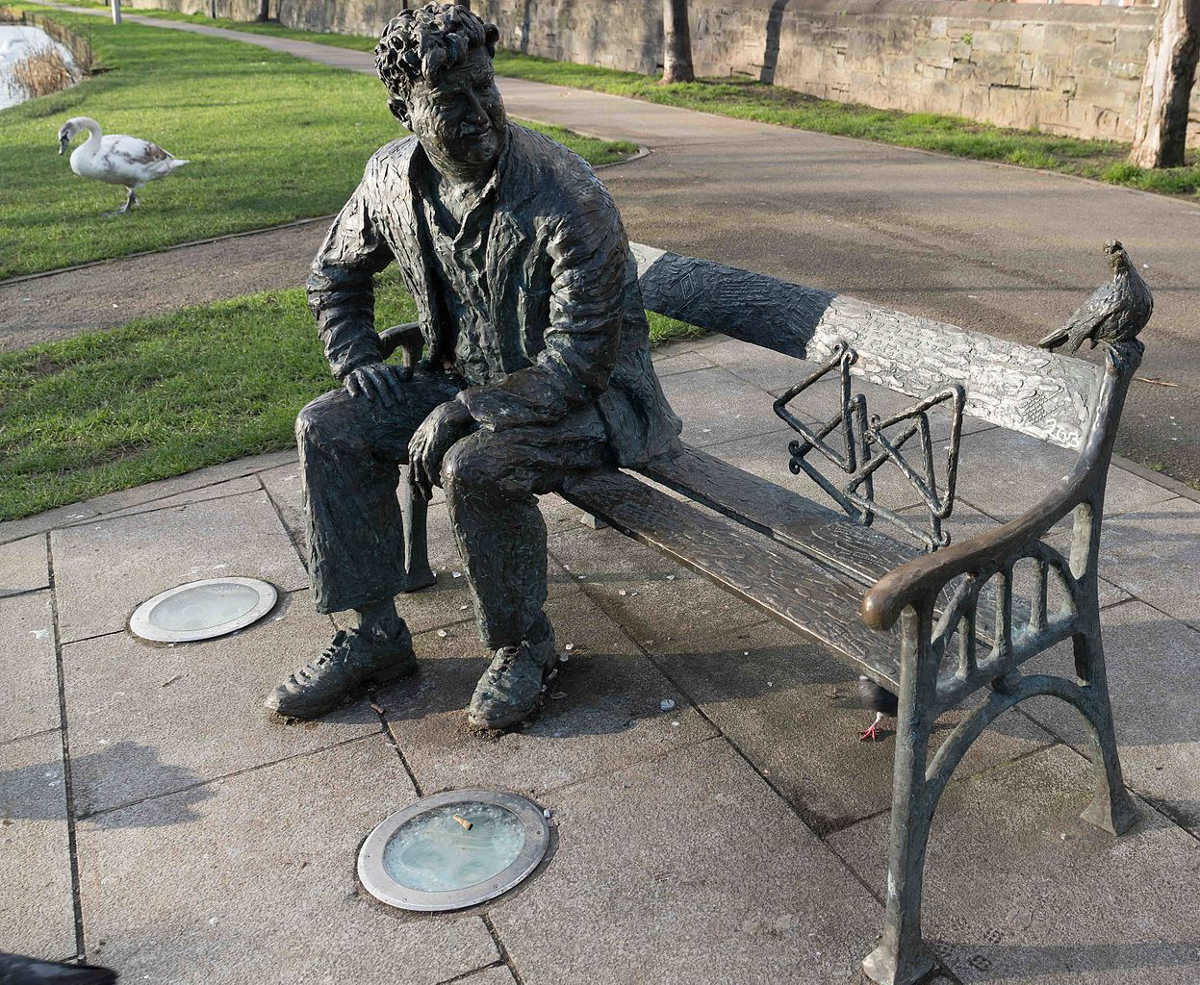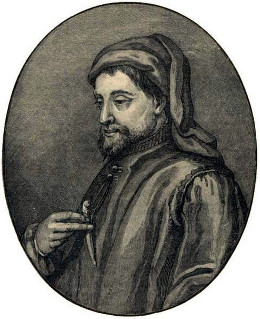
A memory of Lewis Carroll by Lionel A. Tollemache:
He was, indeed, addicted to mathematical and sometimes to ethical paradoxes. The following specimen was propounded by him in my presence. Suppose that I toss up a coin on the condition that, if I throw heads once, I am to receive 1d.; if twice in succession, 2d.; if thrice, 4d.; and so on, doubling for each successful toss: what is the value of my prospects? The amazing reply is that it amounts to infinity; for, as the profit attached to each successful toss increases in exact proportion as the chance of success diminishes, the value (so to say) of each toss will be identical, being in fact, 1/2d.; so that the value of an infinite number of tosses is an infinite number of half-pence. Yet, in fact, would any one give me sixpence for my prospect? This, concluded Dodgson, shows how far our conduct is from being determined by logic.
Actually this curiosity was first noted by Nicholas Bernoulli; Carroll would have met it in his studies of probability. Tollemache wrote, “The only comment that I will offer on his astounding paradox is that, in order to bring out his result, we must suppose a somewhat monotonous eternity to be consumed in the tossing process.”
(Lionel A. Tollemache, “Reminiscences of ‘Lewis Carroll,'” Literature, Feb. 5, 1898.)








